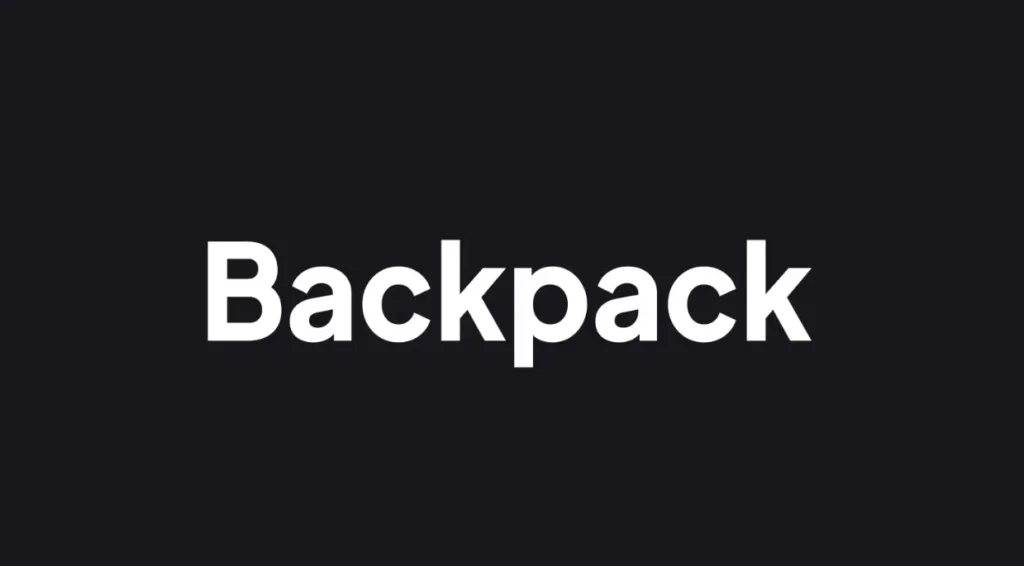The Backpack crypto wallet has received an operational license from the Dubai Virtual Assets Regulatory Authority (VARA) to launch a cryptocurrency exchange.

Backpack’s VARA license is restricted to crypto exchange services in Dubai and prohibits the company from offering any of its other virtual asset-related products or services.
Backpack Exchange incorporates zero-knowledge (ZK) proof-of-reserves, multi-party computation (MPC) for custody, and low-latency order execution, according to the announcement.
In addition, the announcement disclosed that Backpack Exchange had obtained operational licenses in multiple jurisdictions across the globe during the preceding five months.
The flagship Backpack Wallet is currently an unregulated product; however, it is intended to assist users in transitioning from fiat to on-chain applications. Armani Ferrante, co-founder and CEO of Backpack, stated his intention to “put an end” to the opaqueness of cryptocurrency exchanges.
Ferrante argued against the prevalent practice of operating full-fledged cryptocurrency exchanges with a single point of failure and without proof of reserves or auditability.
“Using cryptographic techniques like zk-proofs, MPC, and state machine replication, Backpack Exchange hopes to raise the bar for transparency and compliance to demonstrate the best this technology has to offer. Don’t trust, verify.”
Backpack Exchange will be available to existing Backpack and Mad Lads users in November 2023 and open to the public in the first quarter of 2024. During this period, Backpack intends to incorporate several trading features, including derivatives, margin, and cross-collateral, into its offerings.
Throughout the past year, Dubai’s VARA regulator issued various operational licenses to several crypto exchanges, bolstering its reputation as a crypto-friendly jurisdiction.
The regulator issued new guidelines for VASPs operating within the emirate in February 2023. All cryptocurrency exchanges must comply with marketing and advertising regulations. Repeat offenders may face penalties of up to 135,000 dirhams.
